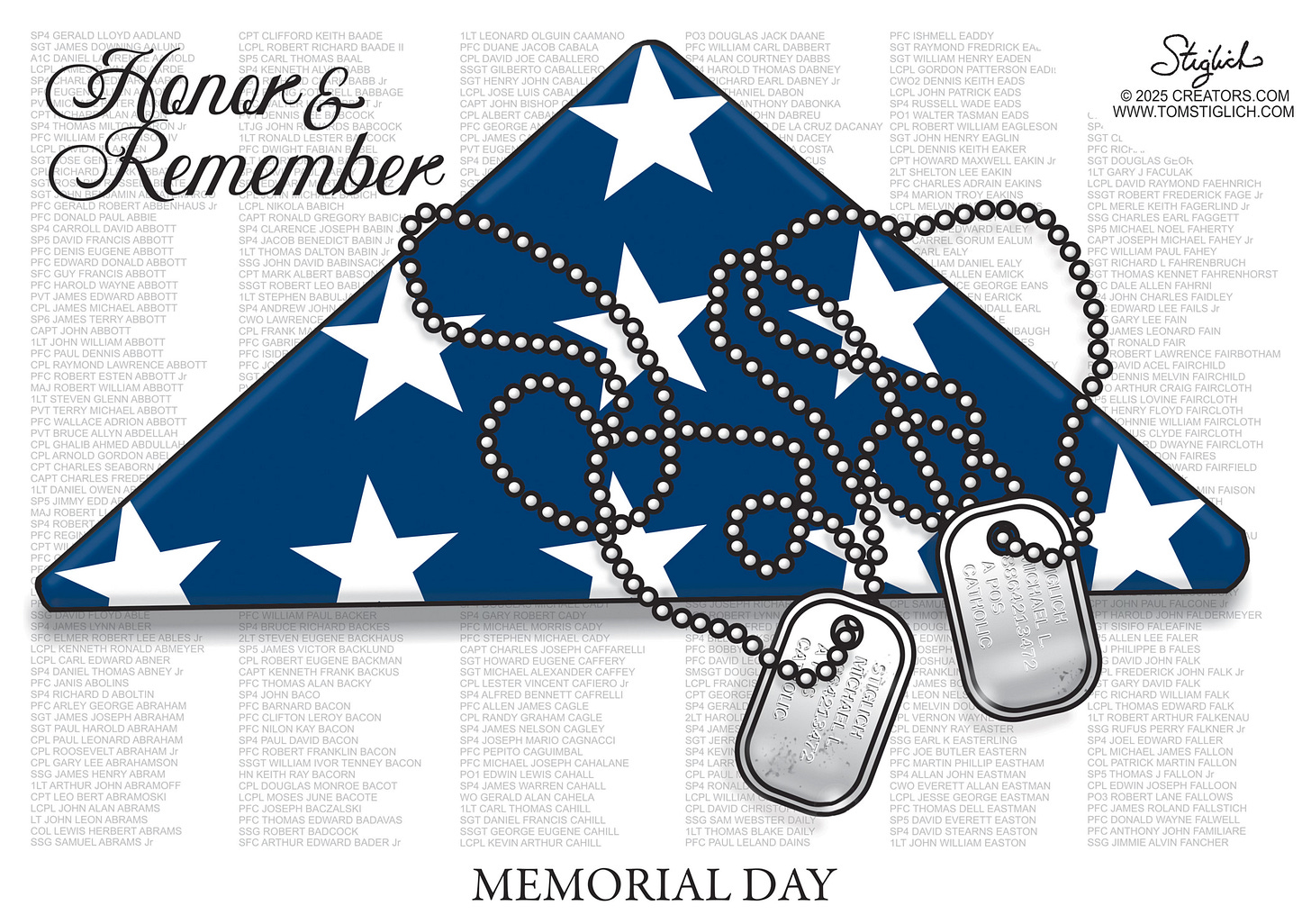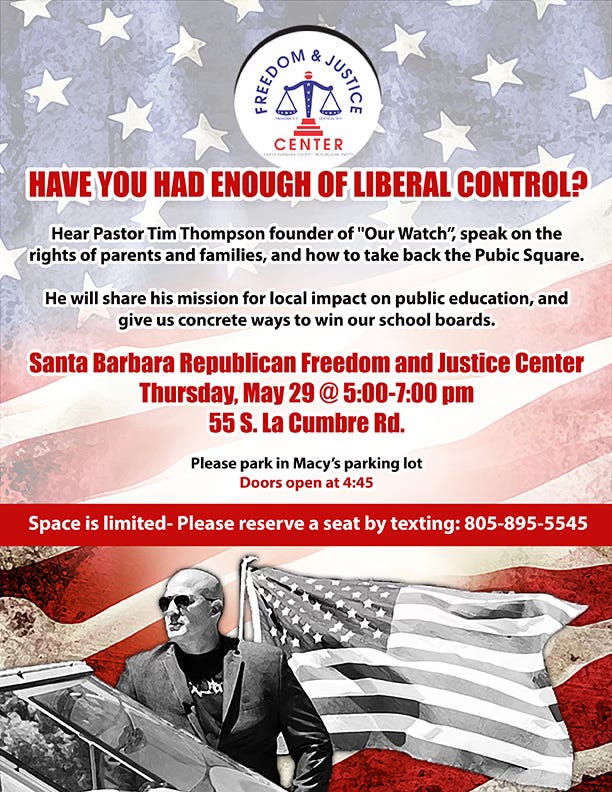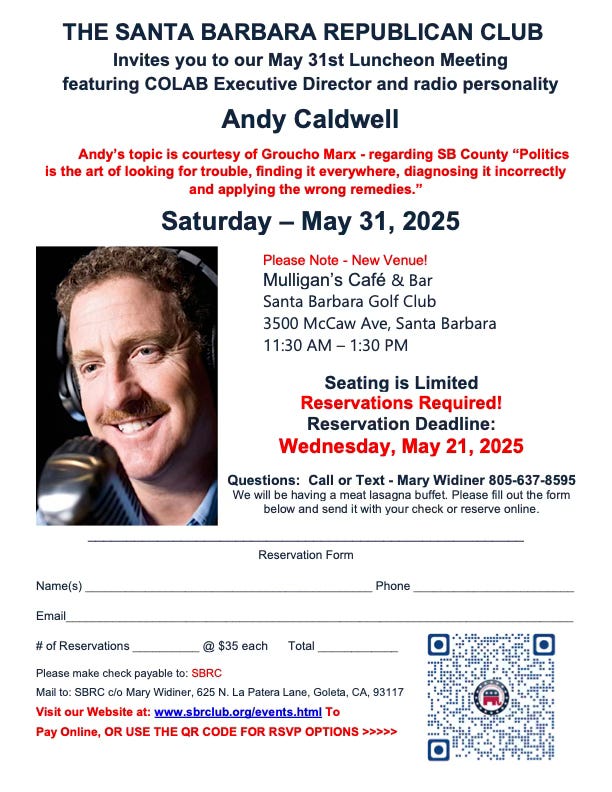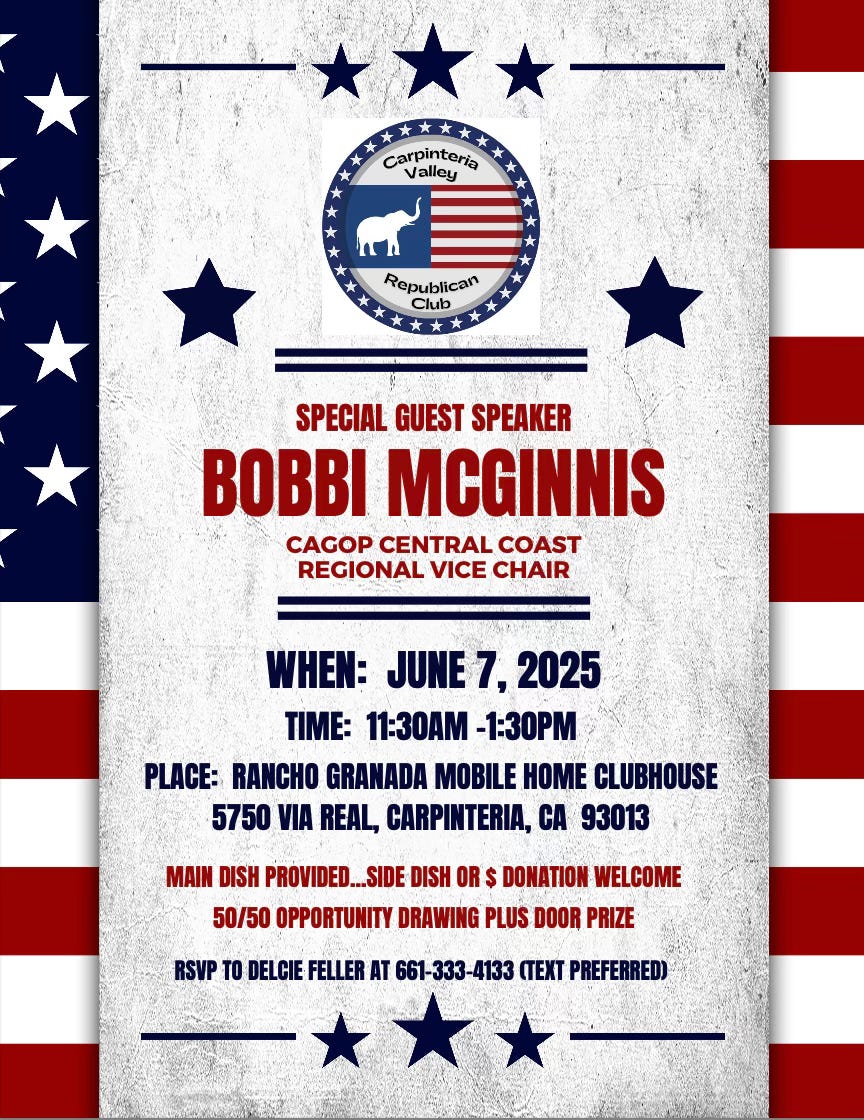To paraphrase Abraham Lincoln, “There is little I can say here that will be long remembered.” So, I’ll make it brief. Memorial Day is one of those days that little is asked of us, we citizens of the U.S. and of the world. We don’t need to remember anything if we don’t want to. Memorial Day to many is the Indy 500, the beginning of summer, a three-day weekend.
And that’s okay.
But perhaps we can reflect – however briefly – on the words of a few men who had something to remember when their words counted for something.
For example, Winston Churchill had been Prime Minister of the United Kingdom for less than a monthwhen he had to admit to the near disaster the British army faced in Dunkirk. Churchill had replaced the disgraced Neville Chamberlain, whose feckless diplomacy had essentially surrendered the freedom of Czechoslovakia and its residents to Adolph Hitler in exchange for a few months of “peace in our time.” The “Munich Agreement” was signed by Hitler, Chamberlain, Mussolini, and France’s then Prime Minister Deladier on September 30, 1938. On September 3, 1939, Britain declared war on Germany after Nazi storm troops invaded and conquered Poland.
Churchill became Prime Minister on May 10, 1940, and had to speak to the House of Commons barely three weeks later, on June 4, 1940, and by radio to the British people, after the failure and then nearly miraculous retrieval of some 350,000 troops from the French port of Dunkerque (Dunkirk).
Here’s how that speech ended:
“We shall go on to the end, we shall fight in France, we shall fight on the seas and oceans, we shall fight with growing confidence and growing strength in the air, we shall defend our Island, whatever the cost may be, we shall fight on the beaches, we shall fight on the landing grounds, we shall fight in the fields and in the streets, we shall fight in the hills; we shall never surrender, and even if, which I do not for a moment believe, this Island or a large part of it were subjugated and starving, then our Empire beyond the seas, armed and guarded by the British Fleet, would carry on the struggle, until, in God’s good time, the New World, with all its power and might, steps forth to the rescue and the liberation of the old.”
President Abraham Lincoln’s Gettysburg Address, delivered on November 19, 1863, took place four months after a 3-day battle (July 1 – 3) in and around Gettysburg, Pennsylvania, where an equal number of Union and Confederate troops – nearly 51,000 in all – were either killed, wounded, captured, or went missing. The occasion was to dedicate the battlefield as a Soldiers National Cemetery. Lincoln, whose “popularity” at the time was surely at its nadir, gave this 272-word speech immediately following a two-hour oration given by former Massachusetts U.S. Senator (and former Harvard president) Edward Everett.
“Four score and seven years ago our fathers brought forth on this continent, a new nation, conceived in Liberty, and dedicated to the proposition that all men are created equal.
“Now we are engaged in a great civil war, testing whether that nation, or any nation so conceived and so dedicated, can long endure. We are met on a great battlefield of that war. We have come to dedicate a portion of that field, as a final resting place for those who here gave their lives that that nation might live. It is altogether fitting and proper that we should do this.
“But, in a larger sense, we cannot dedicate—we cannotconsecrate—we cannot hallow—this ground. The brave men, living and dead, who struggled here, have consecrated it, far above our poor power to add or detract. The world will little note, nor long remember what we say here, but it can never forget what they did here. It is for us the living, rather, to be dedicated here to the unfinished work which they who fought here have thus far so nobly advanced. It is rather for us to be here dedicated to the great task remaining before us—that from these honored dead we take increased devotion to that cause for which they gave the last full measure of devotion—that we here highly resolve that these dead shall not have died in vain—that this nation, under God, shall have a new birth of freedom—and that government of the people, by the people, for the people, shall not perish from the earth.”
Nearly 100 years later, (August 28, 1963), Dr. Martin Luther King Jr., ends his memorable “I Have a Dream” speech in front of the Lincoln Memorial in Washington, D.C., where more than 250,000 had turned out for the March on Washington:
“I have a dream that my four little children will one day live in a nation where they will not be judged by the color of their skin but by the content of their character.
“I have a dream that one day every valley shall be exalted, and every hill and mountain shall be made low, the rough places will be made plain, and the crooked places will be made straight, and the glory of the Lord shall be revealed, and all flesh shall see it together.
“This is our hope. This is the faith that I go back to the South with. With this faith, we will be able to hew out of the mountain of despair a stone of hope. With this faith, we will be able to transform the jangling discords of our nation into a beautiful symphony of brotherhood. With this faith, we will be able to work together, to pray together, to struggle together, to go to jail together, to stand up for freedom together, knowing that we will be free one day.
“This will be the day, this will be the day when all of God’s children will be able to sing with new meaning: “My country, ’tis of thee, sweet land of liberty, of thee I sing. Land where my fathers died, land of the pilgrims’ pride, from every mountainside, let freedom ring!”
“And if America is to be a great nation, this must become true. And so let freedom ring from the prodigious hilltops of New Hampshire. Let freedom ring from the mighty mountains of New York. Let freedom ring from the heightening Alleghenies of Pennsylvania. Let freedom ring from the snow-capped Rockies of Colorado. Let freedom ring from the curvaceous slopes of California. But not only that: Let freedom ring from Stone Mountain of Georgia. Let freedom ring from Lookout Mountain of Tennessee. Let freedom ring from every hill and molehill of Mississippi. From every mountainside, let freedom ring.
“And when this happens, when we allow freedom to ring, when we let it ring from every village and every hamlet, from every state and every city, we will be able to speed up that day when all of God’s children, Black men and white men, Jews and Gentiles, Protestants and Catholics, will be able to join hands and sing in the words of the old Negro spiritual, ‘Free at last! Free at last! Thank God Almighty, we are free at last!’”
And, finally, this:
Remembering Our Forgotten Soldiers
Written by Andy Caldwell
Today, across America, BBQ grills get fired up and the beer gets put on ice. The only thing missing?
Mourning.
To a generation steeped in pleasure, the thought of proclaiming a day of mourning sounds downright macabre. I believe there are three reasons for this. The first, we want to shield ourselves from the pain of loss and, though selfish and cowardly, this is somewhat understandable because it is natural. The second reason has to do with the fact that most people have a tough time feeling anything for somebody they don’t know. To so many Americans, every soldier is an unknown soldier. This is most unfortunate. The third explanation has to do with how quickly we forget the wars we have been in and the people who died fighting. Our nation created Memorial Day so that we would not forget.
It would do us all a lot of good to see the true meaning of Memorial Day restored. Perhaps, you would consider going to the graveside of a fallen soldier and placing flowers there? How about donating to an organization that serves the surviving family members of those killed or wounded in action?
My father served our country in World War Two. He was captured at the Battle of Bataan and though he technically survived the death march and the subsequent years of brutal imprisonment, the ravages of the same caught up with him and he died when he was only 47 years old. Most all Bataan survivors died before their 50th birthday.
Another survivor was James T. Murphy, a Central Coast resident. James and his son Kenneth wrote a book, “When Men Must Live,” detailing the experiences of the Death March survivors. The unique title arises from the fact that the U.S. government left our men to die and made no attempt to save them as they were being overrun in battle.
I had the opportunity to meet another local hero on several occasions. His name was Ed Brown. He was a survivor of the USS Indianapolis. Unfortunately, and to our shame, most people have never heard the story about the men who were aboard this ship that was sunk near the end of World War II after having carried out one of the most vital missions in the history of our country, a mission that ended the war.
My dad and Mr. Murphy would probably not have lived were it not for this mission. You could say that Ed Brown saved my dad’s life and that of Mr. Murphy as he almost lost his own. Ed and three hundred of his fellow sailors managed to survive for days floating in the middle of the ocean, with no food or water. Some men went down with the ship, others died from exposure to the elements, many perished as they were surrounded and attacked by sharks.
Over 800 men died.
This holiday, to honor men and women who paid the ultimate price for your freedom, take a moment and reflect on their sacrifice and that of their loved ones. This day is not about having a party, it is a day set aside to remember our loss.
We should never forget our heroes.
Take a look at COLAB’s latest video, “The Great Fee Heist”









My family will honor and remember today-and we thank God every day for the sacrifice of so many.
Thank you Jim for the staunch reminder that freedom is not free. It comes at a high price, that many cannot afford.
I often think of my Dad on Memorial Day, who was part of the “Greatest Generation.” He was in multiple theaters, North Africa, China, Burma, India and almost lost his life in the South Pacific when a Japanese Zero strafed his position. The bomb exploding next to him and causing permanent hearing loss. I still have part of the shrapnel with a note about that day he had written.
Interesting mention of Andy’s Father who was on Bataan. My Mothers First Cousin was also captured on Bataan and came back looking like a skeleton and jaundice from liver failure. I met him years ago, and he shared with me recordings he had made of his captivity. Ironically, he was almost killed when the Japanese “hell ship” he was on was torpedoed by our Navy. The sad fact is the Japanese high command was never held responsible for their atrocities as was the Germans.
My military service was much less dramatic,serving in an Army hospital, taking care of those active duty and retired personnel requiring surgery. I used to joke, the only injury I ever sustained was tripping while running to the chow hall!
I often wonder if today’s generations: X, Millennials, Z, Alpha, Beta could ever have what it takes to storm a beach like Iwo Jima, Guadalcanal, Tarawa or Normandy? I’m Not sure, it would seem many today couldn’t even pass the physical requirements, much less storming a fortified pill box. Yes, seems like many of military age today are more concerned about their own personal lifestyles rather than those who have made the ultimate sacrifice. I could be wrong.
So glad we have people like Trump,Hegseth and Rubio running our military and foreign policy.